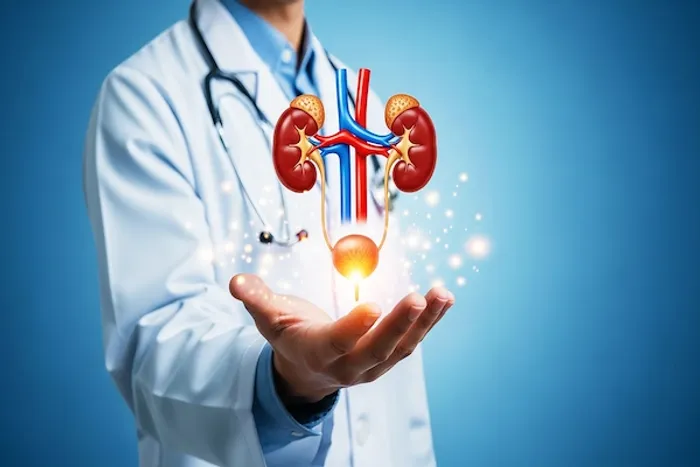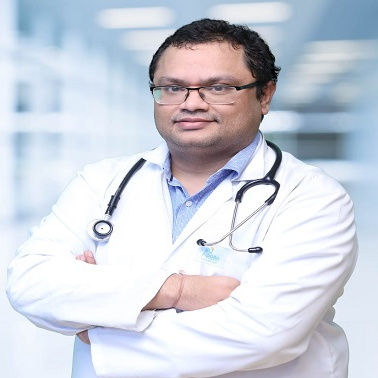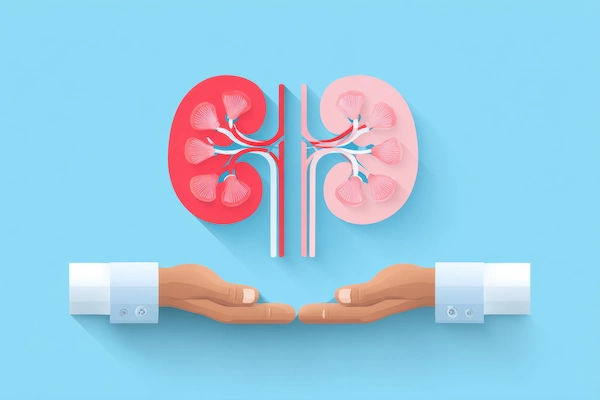After Kidney Transplant How Much Water To Drink?
Learn how much water to drink after a kidney transplant to support optimal recovery, kidney function, and overall health. Discover hydration tips and expert guidance for transplant patients.


Introduction
Undergoing a kidney transplant is a life-changing event, and proper post-transplant care is crucial for long-term health. One of the most common questions patients have is about water intake, how much should you drink after a kidney transplant? This article will guide you through the importance of hydration, the right amount of water to consume, and tips to maintain a healthy fluid balance after your transplant.
Why Is Hydration Important After a Kidney Transplant?
Your new kidney needs proper hydration to function efficiently. Water helps:
Flush out toxins from the body.
Maintain blood pressure and circulation.
Prevent urinary tract infections (UTIs) and kidney stones.
Support medication effectiveness (some transplant medicines require adequate hydration).
However, drinking too much or too little water can cause complications, so finding the right balance is key.
How Much Water Should You Drink After a Kidney Transplant?
The exact amount varies based on your health, weight, and doctor’s advice, but general guidelines include:
1. Standard Recommendation
2 to 3 litres (8–12 cups) per day is usually recommended for most kidney transplant patients.
This helps keep your new kidney functioning well without overloading it.
2. Factors That Affect Your Water Intake
Your doctor may adjust your fluid intake based on:
Urine output: If you urinate more, you may need more water.
Weather & activity level: Hot climates or exercise increase fluid needs.
Medications: Some drugs (like diuretics) affect fluid balance.
Other health conditions: Heart or liver issues may require fluid restrictions.
3. Signs of Proper Hydration
Pale yellow urine (dark urine may mean dehydration).
Regular urination (4–6 times a day is normal).
No excessive thirst or swelling (swelling in legs/face may mean too much fluid).
Consult Top Specialists for Personalised Tips
What Happens If You Drink Too Much or Too Little Water?
Here are the things that happen if we drink too much or too less water:
1. Drinking Too Much Water (Overhydration)
Can lead to fluid overload, causing swelling (oedema) or high blood pressure.
May strain your new kidney if it’s still adjusting.
In rare cases, can cause low sodium levels (hyponatraemia), leading to confusion or seizures.
2. Drinking Too Little Water (Dehydration)
Increases the risk of kidney damage or UTIs.
Can make you feel dizzy, tired, or constipated.
May affect how well your medications work.
Tips for Managing Fluid Intake After a Kidney Transplant
Tips for managing are:
1. Follow Your Doctor’s Advice: They will give you a personalised fluid plan.
2. Spread Out Your Intake: Drink small amounts throughout the day instead of large quantities at once.
3. Monitor Urine Colour: Aim for light yellow (like lemonade).
4. Limit Caffeine & Alcohol: These can dehydrate you.
5. Watch for Swelling: If ankles or hands puff up, reduce fluids and inform your doctor.
6. Use a Water Bottle with Measurements: Helps track daily intake.
When to Consult Your Doctor?
Contact your transplant team if you notice:
Severe swelling (oedema).
Sudden weight gain (could mean fluid retention).
Very dark or very little urine.
Extreme thirst or dry mouth.
Your doctor may adjust your fluid intake or check for complications.
Conclusion
Staying hydrated after a kidney transplant is essential, but the right amount varies per person. 2–3 litres (8–12 cups) per day is a good starting point, but always follow your doctor’s recommendations. If you have concerns about your fluid intake or kidney health, consult your nephrologist for personalised advice.
Consult Top Nephrologist
Consult Top Specialists for Personalised Tips

Dr. Manju Kamal
Nephrologist
12 Years • MBBS,MD(General Medicine), DNB,DM(Nephrology)
Angamaly
Apollo Hospitals Karukutty, Angamaly

Dr. Raja Mahesh
Nephrologist
15 Years • MRCP
Chennai
Apollo Hospitals Greams Road, Chennai
(250+ Patients)

Dr. Hareesha Babu K
Nephrologist
25 Years • MBBS, MD (General Medicine), DM (Nephrology),FASN, FRCP(Glasg), FRCP (Edin)
Bangalore
Kidney & Hypertension Care, Bangalore

Dr. Pardha Saradhi
Nephrologist
9 Years • MBBS, MD-DNB (Gen. Med.), DNB (Nephro)
Hyderabad
Apollo Hospitals D R D O kanchanbagh, Hyderabad
(75+ Patients)

Dr. Kity Sarkar
Nephrologist
15 Years • MBBS,MD(Genl. Med.), DrNB(NEPHROLOGY)
Kolkata
Dr. Kity Sarkar's Clinic, Kolkata
Consult Top Nephrologist

Dr. Manju Kamal
Nephrologist
12 Years • MBBS,MD(General Medicine), DNB,DM(Nephrology)
Angamaly
Apollo Hospitals Karukutty, Angamaly

Dr. Raja Mahesh
Nephrologist
15 Years • MRCP
Chennai
Apollo Hospitals Greams Road, Chennai
(250+ Patients)

Dr. Hareesha Babu K
Nephrologist
25 Years • MBBS, MD (General Medicine), DM (Nephrology),FASN, FRCP(Glasg), FRCP (Edin)
Bangalore
Kidney & Hypertension Care, Bangalore

Dr. Pardha Saradhi
Nephrologist
9 Years • MBBS, MD-DNB (Gen. Med.), DNB (Nephro)
Hyderabad
Apollo Hospitals D R D O kanchanbagh, Hyderabad
(75+ Patients)

Dr. Kity Sarkar
Nephrologist
15 Years • MBBS,MD(Genl. Med.), DrNB(NEPHROLOGY)
Kolkata
Dr. Kity Sarkar's Clinic, Kolkata
_5.webp)
_6.webp)

